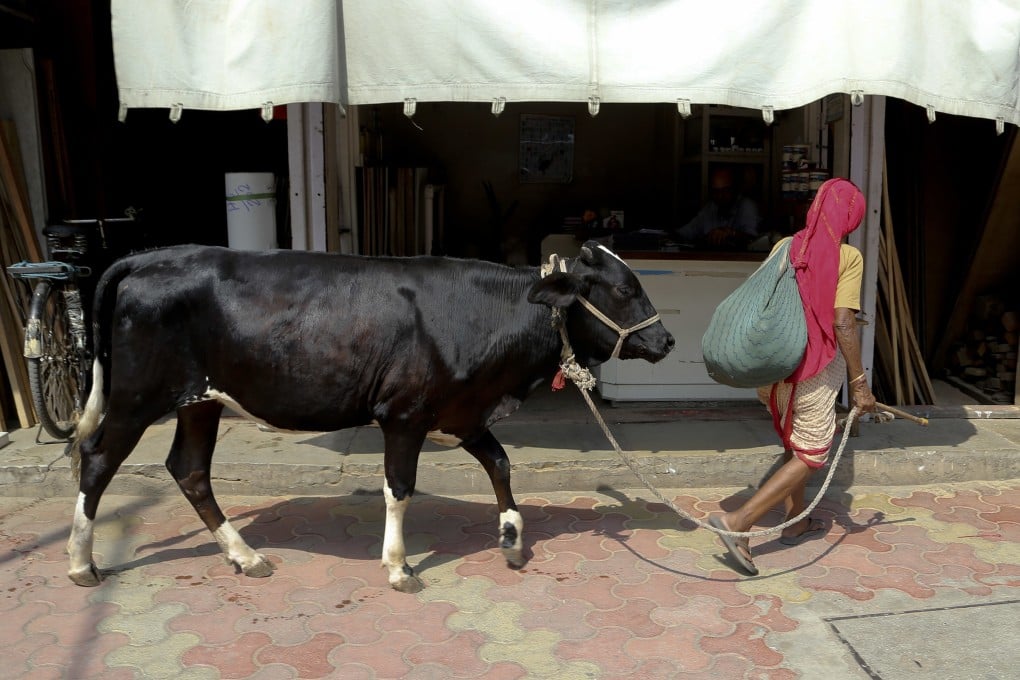India’s BJP shows its beef with Muslims in new halal rule for restaurants: critics
- Restaurants in New Delhi have been ordered to display the method of slaughter prominently or face fines
- India’s ruling party says the rule is due to popular demand; restaurant owners cast doubt on that; cynics see move as part of BJP’s Hindu nationalist agenda

The South Delhi Municipal Corporation, which is controlled by the ruling BJP and covers around 2.7 million residents of the Indian capital’s most affluent area, issued an order last week requiring restaurants to display the method of slaughter “prominently” or face a fine of an as yet to be specified amount. A similar resolution by the East Delhi Municipal Corporation was passed late last year and North Delhi is expected to follow suit soon.
Narendra Chawla, a BJP leader in the South Delhi corporation, said it was every citizen’s right to know what they were eating and likened to practice to how some overseas restaurants specified the source of their ingredients and whether they were organic or not.
“It’s not a random whim on our part. People told us they wanted to know how the animal was slaughtered and they are entitled to know,” said Chawla.
They point out that restaurant owners say the vast majority of Indians who eat out do not ask what method of slaughter was used when they order.